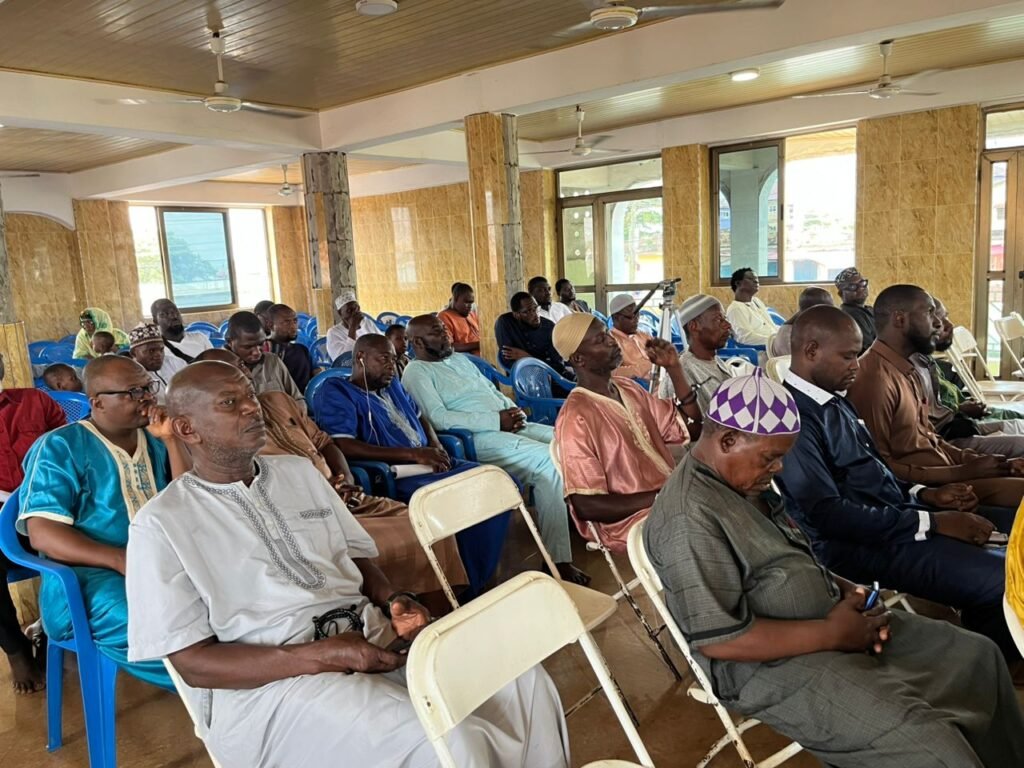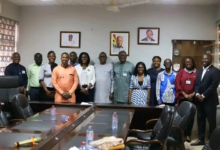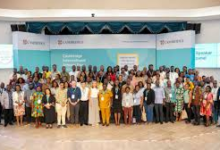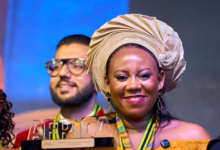Pay Zakat to help address poverty in needy communities …Dr Bashiru admonishes Muslims

A Senior Lecturer at the Accra Technical University, Dr Shani Bashiru, has urged Muslims to practice frequent payment of zakat, a compulsory charitable practice in Islam, in minimising poverty and promoting social cohesion.
He explained that Zakat, which requires Muslims to give 2.5 per cent of their annual earnings to the poor and needy, has the potential to eradicate poverty in Muslim communities.

“The compulsory Zakat has the ability to promote social cohesion and solidarity and minimise the adverse effects of inequalities associated with resources, wealth, education, power, influence, So Muslims are enjoined to give 2. 5 per cent of their annual earnings in the form of Zakat to help people in need,” he explained.
Speaking at the 27th M.A Mujahid Annual Ramadan Lecture series held in Accra on Sunday on the topic; ‘The Role of Islamic Charity (Zakat) in Strengthening Social Solidarity and Reducing Inequality,’ organised by the Ghana Academy of Muslim Professionals (GAMP).
It was held on the “Ramadan Message of Peace: A blue Print for Harmonious Coexistence in Ghana,” and the lecture aims at sensitising and conscientising the Muslims in the country about issues affecting their day-to-day spiritual, political and socio-economic development.
He cited the example of Umar Abdul Aziz, a historical Islamic leader who successfully implemented Zakat, resulting in the eradication of poverty in his community within three years.
Dr Bashiru stated that Zakat funds were tailored to the poor, those below the poverty line, or those who were in need like travellers who were stacked at a place, someone engulfed with debt, and someone who had lost his properties, among others.
Touching on the optional zakat, Dr Bashiru, who is also a Research Fellow at GAMP, urged Muslims to support the needy, especially in the month of Ramadan.
He encouraged Muslims to go beyond their obligatory charitable duties and offer a helping hand to those in need.
“Ramadan is a month of mercy, forgiveness, and generosity,” Dr Bashiru said, adding, “It is a time when Muslims are encouraged to be more charitable and compassionate towards others. By giving optional charity, Muslims can demonstrate their commitment to the values of empathy, kindness, and generosity that are at the heart of Islam.”
Moreover, Dr Bashiru noted that Sadaqah could take many forms, including donating to charitable causes, volunteering time and skills, and simply offering a kind word or gesture to someone in need.
He emphasised that every act of charity, no matter how small had the potential to make a significant impact on someone’s life.
On his part, the President of GAMP, Mr Muniru Shaibu Alidu, said the series of lectures would help reflect on issues affecting the Muslim community in particular and the nation as a whole, for urgent attention and rectification
BY CECILIA YADA LAGBA





